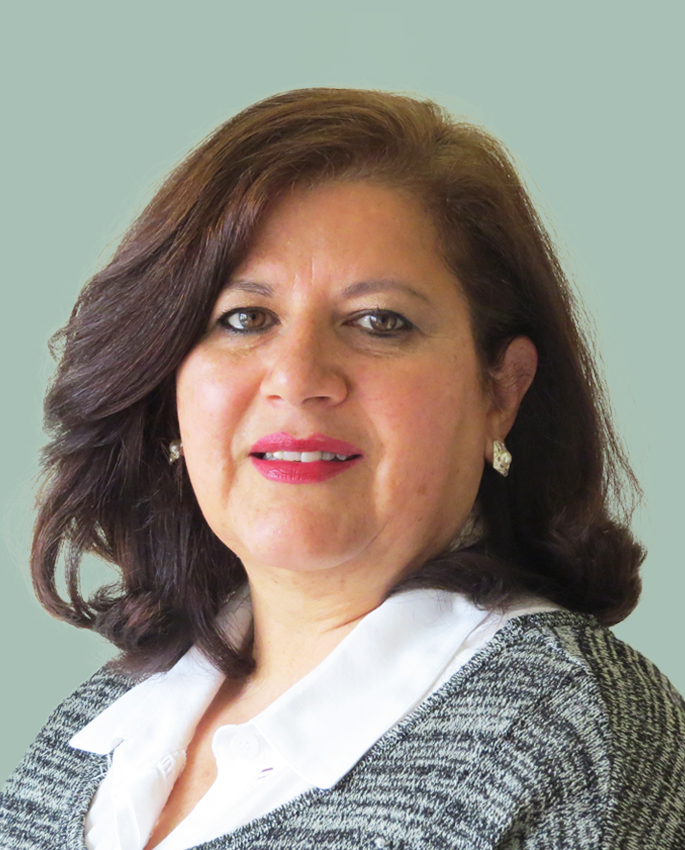Meetings with international cooperation dignitaries and the Supreme Electoral Tribunal

International IDEA’s programme in Bolivia advanced the fulfillment of an encounter between Ambassadors of donor countries and the Full Chamber of the Supreme Electoral Tribunal (TSE), during which its president, María Eugenia Choque delivered a broad explanation of the institutional advances accomplished during the 2018 administration, highlighting the work carried out by International IDEA,which directs projects financed by Spain, Sweden and the European Union.
Este artículo está disponible en español.
The meeting was held on 27 January 2019 with the participation of dignitaries from the the European Union (EU), the Organization of American States (OAS), Embassies of Brazil, France, Italy, Spain, Sweden, Switzerland, the United States, and other cooperating countries.
In addition to the progress made, the Full Chamber committed itself to the continuity of all projects being undertaken by International IDEA within the framework of the 2016-2018 Institutional Strategic Plan. Likewise, the Ambassadors had the opportunity to develop a very open and constructive dialogue on the main issues that are on the agenda of the Plurinational Electoral Body (OEP) and to reflect on the role of the TSE—at a time of a very complex situation—as a strategic field in the performance and quality of Bolivian democracy.
Germany’s Ambassador in Bolivia, Matthias Sonn, highlighted the importance of the role that the OEP must play, since the "country’s democratic reputation" is in their hands. Likewise, he noted that the meeting had allowed the international community to express its support for the TSE, given that it is a very important institution"in its role as an independent electoral body that seeks to work under the safeguards of the rule of law."The British’s Ambassador, James Thornton, expressed a similar sentiment to the President of the TSE.
For his part, the head of the European delegation, León De La Torre, in a brief statement to the media following the meeting, described the encounter with members of the TSE as "frank, sincere, constructive,and very positive". Asked about matters of transparency and independence in the OEP, he replied that the institution has a "reputation of many years that is very good, that the electoral processes have traditionally been and are still very effective and respected."
In addition, Ambassador De la Torre indicated that the gathering was in order to learn about the international community’s cooperation projects and "to see how to address the challenges in this very complex election year.”
Carolina Wennerholm, Sweden’s head of cooperation in Bolivia, noted that she was pleased to learn of progress within the scope of the Swedish-funded project, under International IDEA, and made a commitment towards continuity of support for the 2019 period within the framework of set priorities.
Observers for the Primary Elections
The TSE confirmed the participation of the OAS and Inter-American Union of Electoral Organizations (UNIORE) in order to monitor primary elections scheduled to take place on 27 January 2019. The EU does not consider it necessary to send a team of electoral observers for the primaries, but pointed out that it would consider the matter ahead of the national elections in October 2019.
The primary elections have been incorporated into the Political Organizations Act recently enacted as a mechanism to strengthen internal democracy in the organizations mentioned. However, the decision to implement this immediately, as adopted by the Plurinational Legislative Assembly, has generated wide controversy in the political arena and within public opinion.




